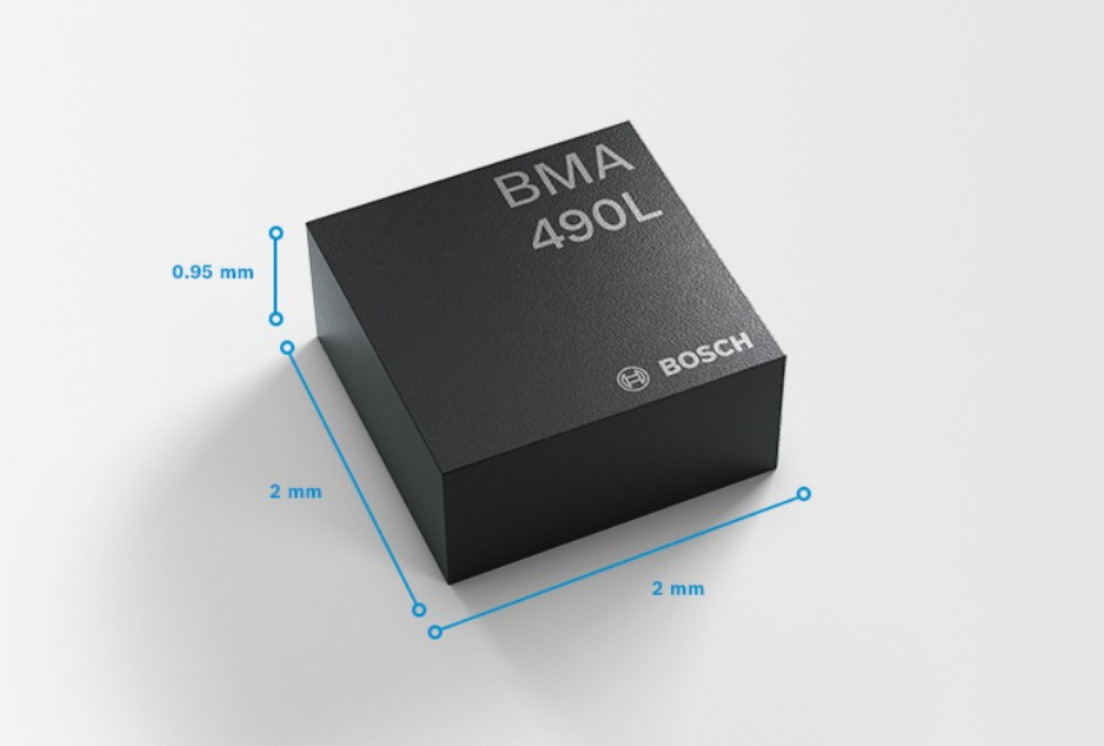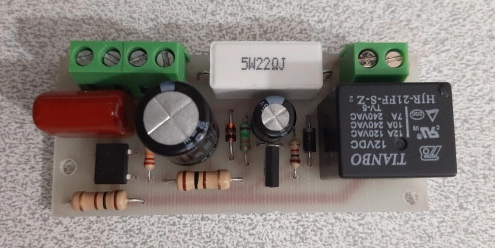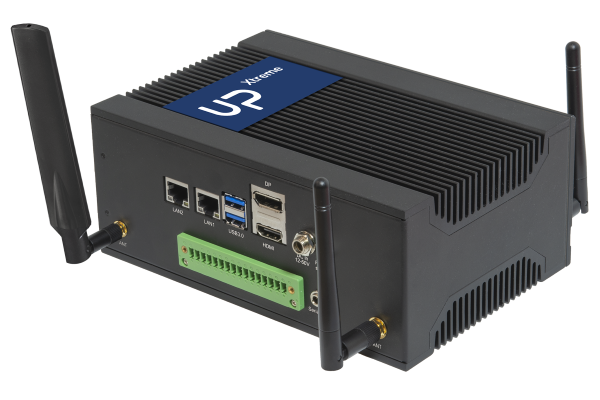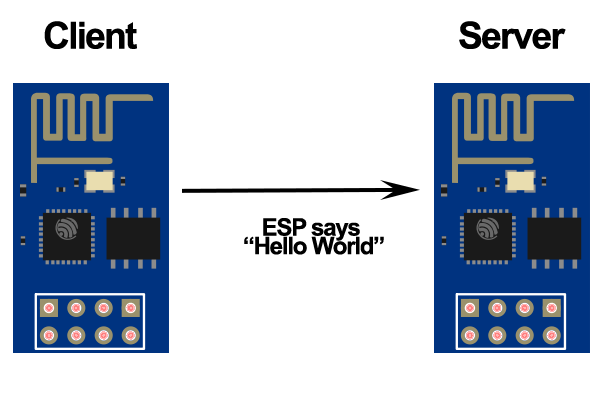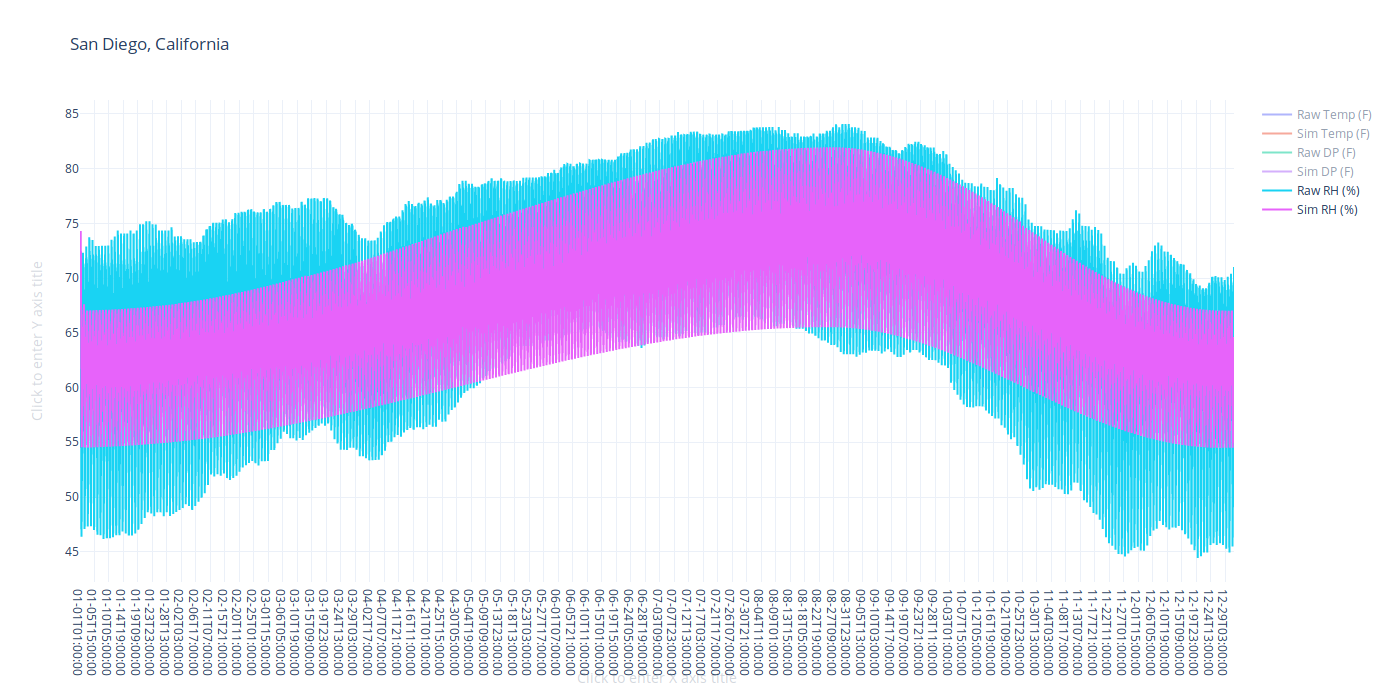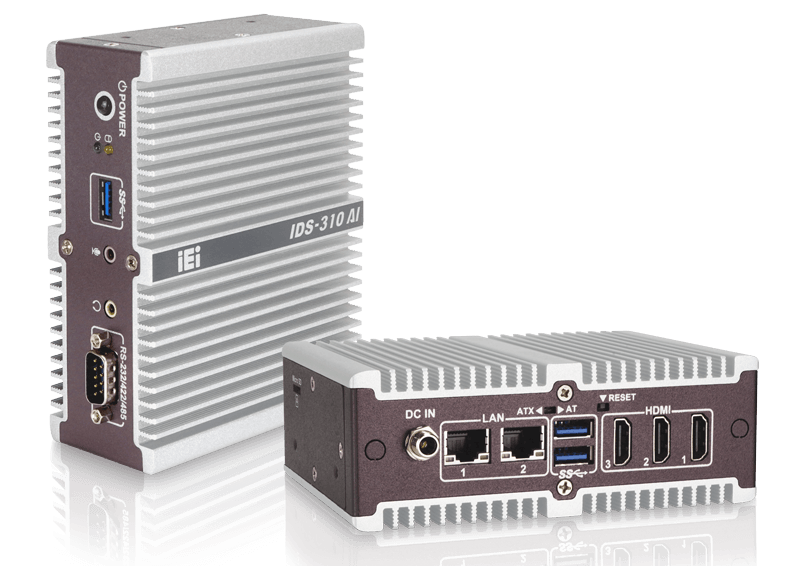
IEI’s IDS-310AI mini-PC for AI-enabled digital signage includes Apollo Lake SoC and supports 128GB SATADOM. It comes with a built-in Mustang-MPCIE-MX2 AI accelerator card, that includes two Intel Myriad X VPUs to provide a dynamic AI inference solution. It also functions to drive three displays through its 3x HDMI.
Talking more about the VPUs, the vision processing units can allow quicker deep learning computations which reduce the time in modeling. Also, the VPUs feature low power consumption applications such as “surveillance, retail, and transportation.” The power efficiency and performance allow Deep Neural Networks (DNN) topologies, that form the base of AI.
IDS-310AI has flexible connectivity with two Gigabit Ethernet RJ-45 ports through a PCIe GbE controller. It also features an optional M.2 module and external antenna. For expansion, the device comes with its M.2 2230 A-key slot and a mini PCIe slot fitted with an AI accelerator card.
Technical Specifications of IDS-310 mini-PC
- Intel Celeron J3455 quad-core processor working up to 1.5GHz / 2.3GHz Turbo
- System Memory includes 1 x 204-pin DDR3L SO-DIMM
- 128GB SATADOM and MicroSD card slot for memory storage
- 3x HDMI 1.4b ports up to 3840×2160 working at 30Hz each
- 1x Mic-in and 1x Line out for audio functionalities
- 1x RS-232/422/485 DB-9 with AFC
- TPM 2.0 secure crypto-processor
- Extruded aluminum alloy chassis with dimensions 137 x 102.8 x 49.2 mm
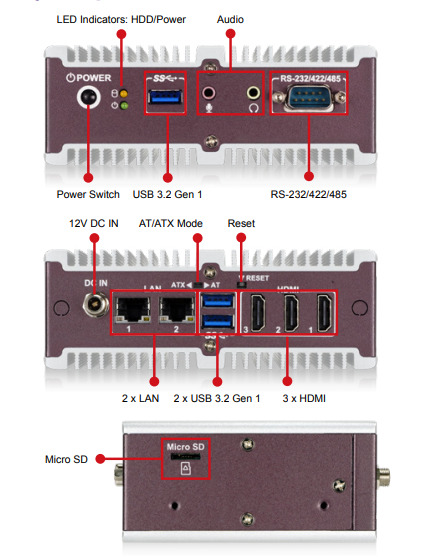
The IDS-310AI fanless mini-PC is compatible with Linux or Windows 10 on a quad-core, 1.5GHz/2.3GHz Celeron J3455 with around 10W of total power dissipation. It also supports the Intel Open source toolkit Open Visual Inference Neural Network Optimization (OpenVINO). This allows AI acceleration for a large number of neural networks. The OpenVINO toolkit supports CNN (Convolutional Neural Network) and pre-trained models for on-device applications. The training models include AlexNet, GoogleNet, Tiny Yolo, Squeezenet, and resNet.
The working temperature range of the device ranges from 20°C to 45°C with airflow. The recommended rating of humidity has a large range from 10% to 95%, provided it is non-condensing. The power supply includes a 12V DC through a screw jack, with low consumption of 2.6A at 12V for an Intel Celeron J3455 with 8GB memory.
The low consumption feature makes the device a great option for implementing AI edge computing solutions by providing longer duty time for the rechargeable edge computing equipment. There is no information regarding the pricing or availability at this point in time. For more information visit the ICP Germany’s announcement and the product page on the IEI website. Images and technical specifications have also been taken from the product page.





